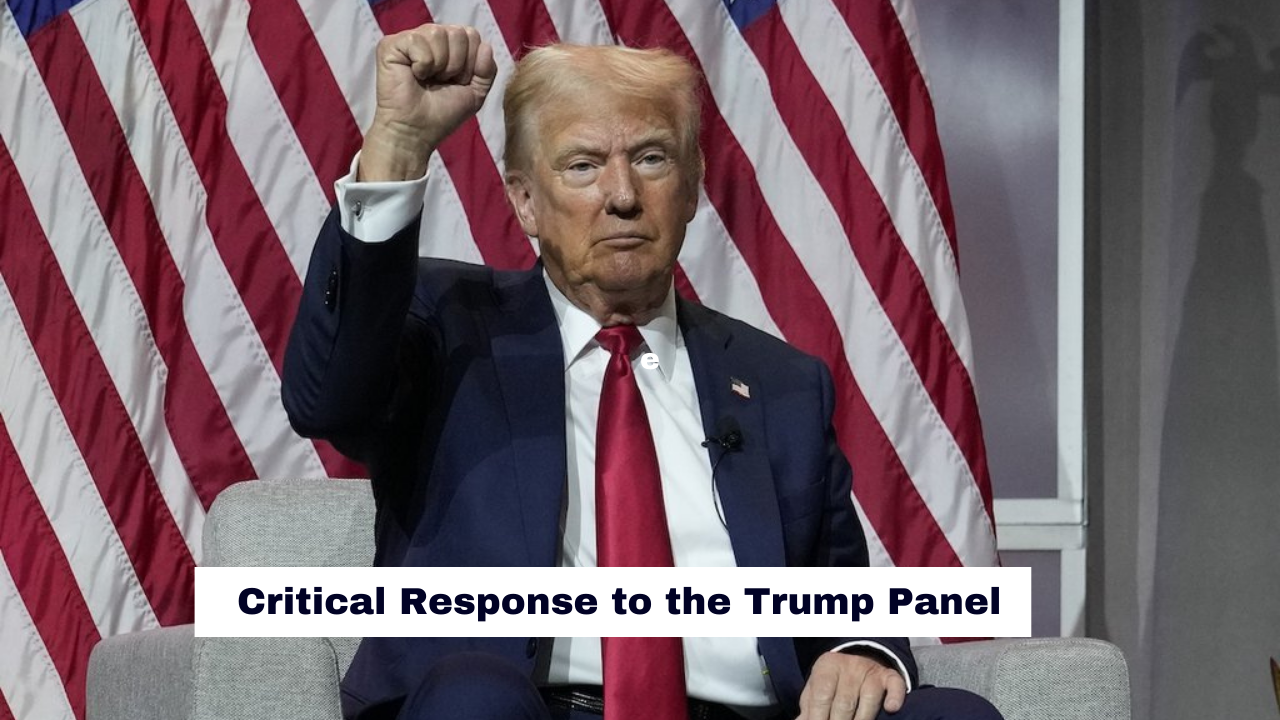The National Association of Black Journalists (NABJ) has been at the forefront of advocating for diversity, inclusion, and representation in the media industry. Recently, the NABJ’s response to a panel involving former President Donald Trump has sparked significant discussion and controversy. This article explores the NABJ’s stance, the context of the panel, and the broader implications for Black journalists in America.
Table of Contents
NABJ’s Mission and Influence
The National Association of Black Journalists was founded in 1975 with the mission to advocate for Black journalists, provide professional development, and ensure fair coverage of the Black community. Over the decades, NABJ has grown into one of the largest and most influential journalism organizations in the United States, hosting annual conventions, offering scholarships, and promoting excellence in journalism.
Context of the Trump Panel
The recent panel featuring former President Donald Trump, organized by a major news outlet, has been met with mixed reactions. The panel aimed to discuss issues related to the Black community and media representation. However, the choice of Trump as a speaker has been controversial due to his administration’s history of contentious relationships with the media and communities of color.
NABJ’s Critical Response
The National Association of Black Journalists quickly issued a statement expressing their concerns about the panel. They highlighted the importance of having discussions that genuinely address the challenges faced by Black journalists and the Black community. The NABJ criticized the panel for not including a diverse range of voices and for potentially perpetuating narratives that do not align with the lived experiences of many Black Americans.
Key Points of the NABJ’s Statement
- Lack of Representation: The NABJ pointed out that the panel did not include enough Black voices, particularly those who are on the front lines of journalism.
- Historical Context: They emphasized the need to consider the historical and ongoing issues of racism and bias in media coverage.
- Constructive Dialogue: The NABJ called for more constructive and inclusive dialogue that moves beyond polarizing figures and focuses on real solutions.
Implications for Black Journalists
The NABJ’s response highlights several critical issues facing Black journalists today:
Representation in Media
Ensuring that Black journalists are adequately represented in media discussions is crucial for fair and balanced reporting. The NABJ’s critique underscores the need for panels and discussions to include those who can speak authentically about the issues at hand.
Combatting Bias and Racism
The media industry has long struggled with issues of bias and racism. The NABJ’s stance reminds us of the importance of addressing these systemic problems and promoting a more equitable media landscape.
Professional Development and Support
Organizations like the NABJ play a vital role in supporting Black journalists through professional development, mentorship, and advocacy. Their response to the Trump panel is part of a broader effort to ensure that Black journalists have the resources and opportunities they need to succeed.
Looking Forward
The NABJ’s response to the Trump panel is a reminder of the ongoing challenges and opportunities for growth within the media industry. By advocating for more inclusive and representative discussions, the NABJ continues to push for a media landscape that accurately reflects the diversity of the communities it serves.
Call to Action
The NABJ’s call for more inclusive dialogue is a call to action for all media organizations. It is a reminder that the voices of Black journalists and communities must be heard and that genuine progress requires ongoing commitment and effort.
Conclusion
The National Association of Black Journalists has once again demonstrated its crucial role in advocating for diversity and inclusion in the media. Their response to the recent Trump panel highlights the need for more representative and constructive discussions on issues affecting the Black community. As we look to the future, it is essential to support and amplify the voices of Black journalists, ensuring that the media landscape becomes more equitable and reflective of our society.
